Cowper’s Cut 370: Marking your own homework

As long as you’re not actually interested in learning, there’s a lot to be said for marking your own homework.
A spectacular example of homework-auto-marking is found in the last NHS England board paper by The Woman In Black, now-departed NHSE chief executive Amanda Pritchard.
Mrs Pritchard shows a hitherto-unseen cocktail of chutzpah and absurdist comedy when one of the opening points of her summary of NHS England’s achievements under her tenure in charge is that the “mortality rate in England has fallen every year since the peak during the COVID-19 pandemic”.
You don’t say.
In other news, apparently the Pope is Catholic and bears shit in the woods.
Almost as amusing is NHSE’s claim to responsibility for having “delivered record numbers of general practice appointments with 369 million appointments (12 months to February 2025)”.
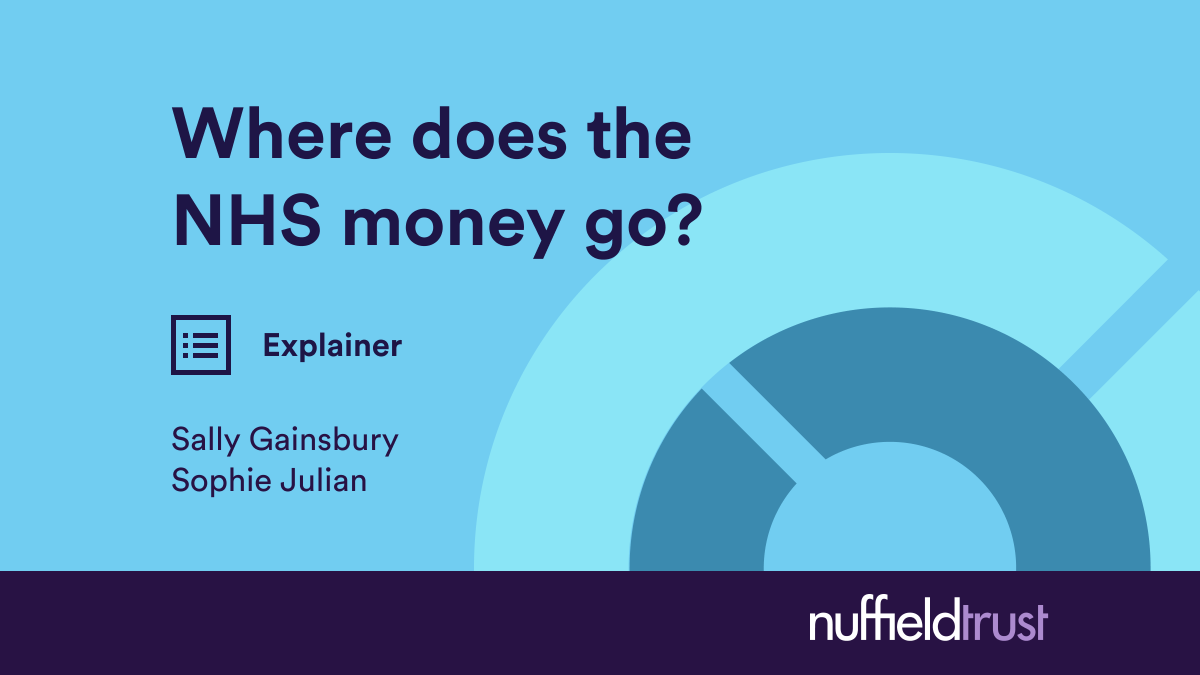
Ahem: this is ‘despite’ and not ‘because of’ NHSE, as the Nuffield Trust showed, “funding for the NHS services that primarily provide those forms of care (NHS community care services, primary care and local authority public health services) grew in real terms by less than half a percent on average a year between 2016/17 and 2022/23 … 2022/23 saw a real-terms decrease in funding per needs-adjusted head … a 7% cut per head of need for GP primary care”.
Ooops.
While the document correctly records that “winter continues to be a challenging period for the NHS. In winter 2024/25, there were 13,000 admissions and 25,600 attendances at A&E for influenza-like illness.”, it does not note that the lack of planned surge capacity for that winter was a deliberate NHSE choice.
Likewise, we get the disingenous claim that “the NHS has made significant improvements on long waits for elective care caused by the pandemic”, without hearing that every single official long-waiting target has been missed; nor any acknowledgement that long RTT elective waits were already extremely bad (4.4 million) before the pandemic.
And it takes a certain steeliness to write that “in maternity, the 3-year maternity improvement plan has focused on improving outcomes and reducing inequalities for women”.

Ahem.
It is just as fascinating to see the claims that “NHS England established the NHS Race and Health Observatory (NHS RHO). Over the last 3 years the NHS RHO has (i) developed a significant evidence base, (ii) overseen major policy change based on this evidence, and (iii) initiated new and innovative implementation and improvement interventions.”
Mmmmmmmm.
The RHO was founded in 2021, an initiative of Sir Simon Stevens, and very few informed observers have failed to notice that its work programme has been de-emphasised and sidelined.
NHSE’s former chair Richard Meddings’ letter was in much the same mildly delusional vein of over-claiming. The lack of humility is remarkable.
Against political rhetoric with the new broom
What of the arrival message to the service from chair Dr Penny Dash and stand-in chief executive Sir James Mackey?

Health Service Journal reported on their debut, and its pushback against Streeting-led language about NHS managers being bureaucrats and NHSE being ‘the world’s biggest quango’ (Andy Burnham’s formulation). Dr Dash was also reportedly unhappy about use of the word “abolish” about NHS England, preferring that it should instead be described as integration into the DHSC.
To some extent, this debate about rhetoric does not matter. It particularly won’t matter to Health But Social Care Secretary Wes Streeting, in whose universe the linguistic posturing about NHSE gets him loads of Milburn-Points.
But to some extent, it does matter. NHS managers are by and large smart enough to know that they are usually unlikely to be thanked for their work by political leaders, but they quite like to feel that their national leaders appreciate it. Amanda Pritchard has attracted some praise for her personal courtesy to managers and for her buffering of political pressure from the Steve Barclays of this world, but it was by no means clear that she was pushing back against the retrograde image of managers.
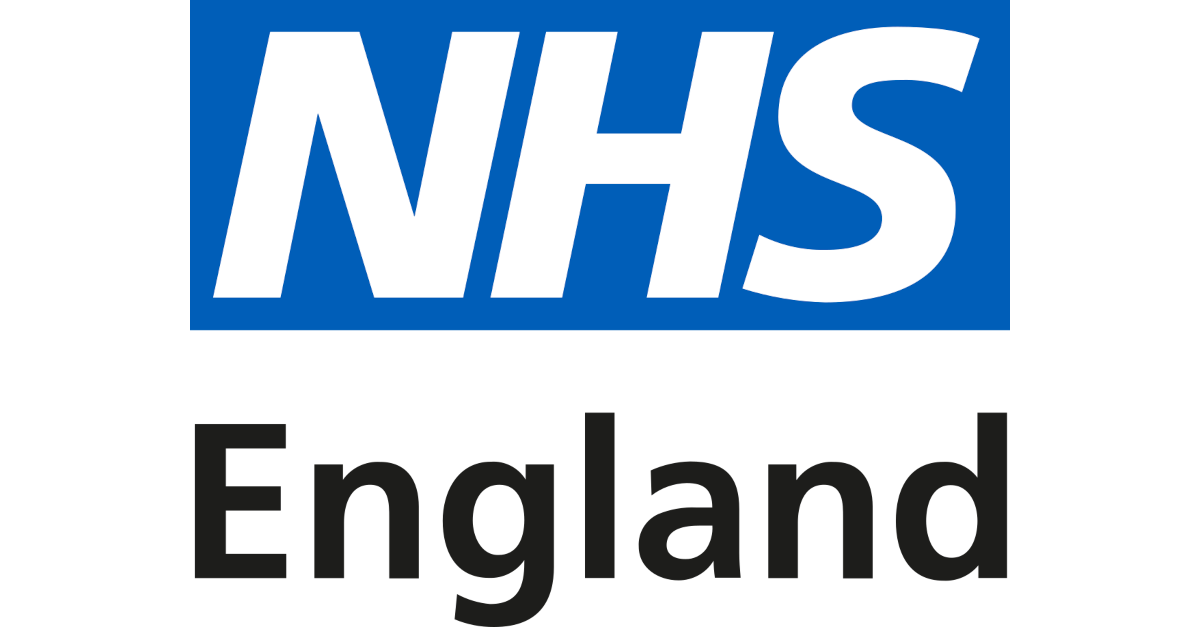
Their letter to the service that followed this got the tone right with the title ‘working together in 2025-6 to lay the foundations for reform’. Subject to Treasury approval, it confirms in writing Sir James’ plan to reverse the Pritchard/Kelly era’s wholly counter-productive elective recovery cap
The letter’s tone is okay (I recommend Helen Buckingham’s assessment), and it confirms the reversal of the Pritchard/Kelly era’s wholly counter-productive cap on the elective recovery budget, but its aspiration for the English NHS to move to a surplus position in the near future is heroically ambitious.
This feels like the health policy equivalent of a plan to get beach-body-ready, without any plan to do more exercise or eat more healthily. Is this the birth of GLP-1 agonist health policy?
What actually happened to trigger NHSE’s abolition?
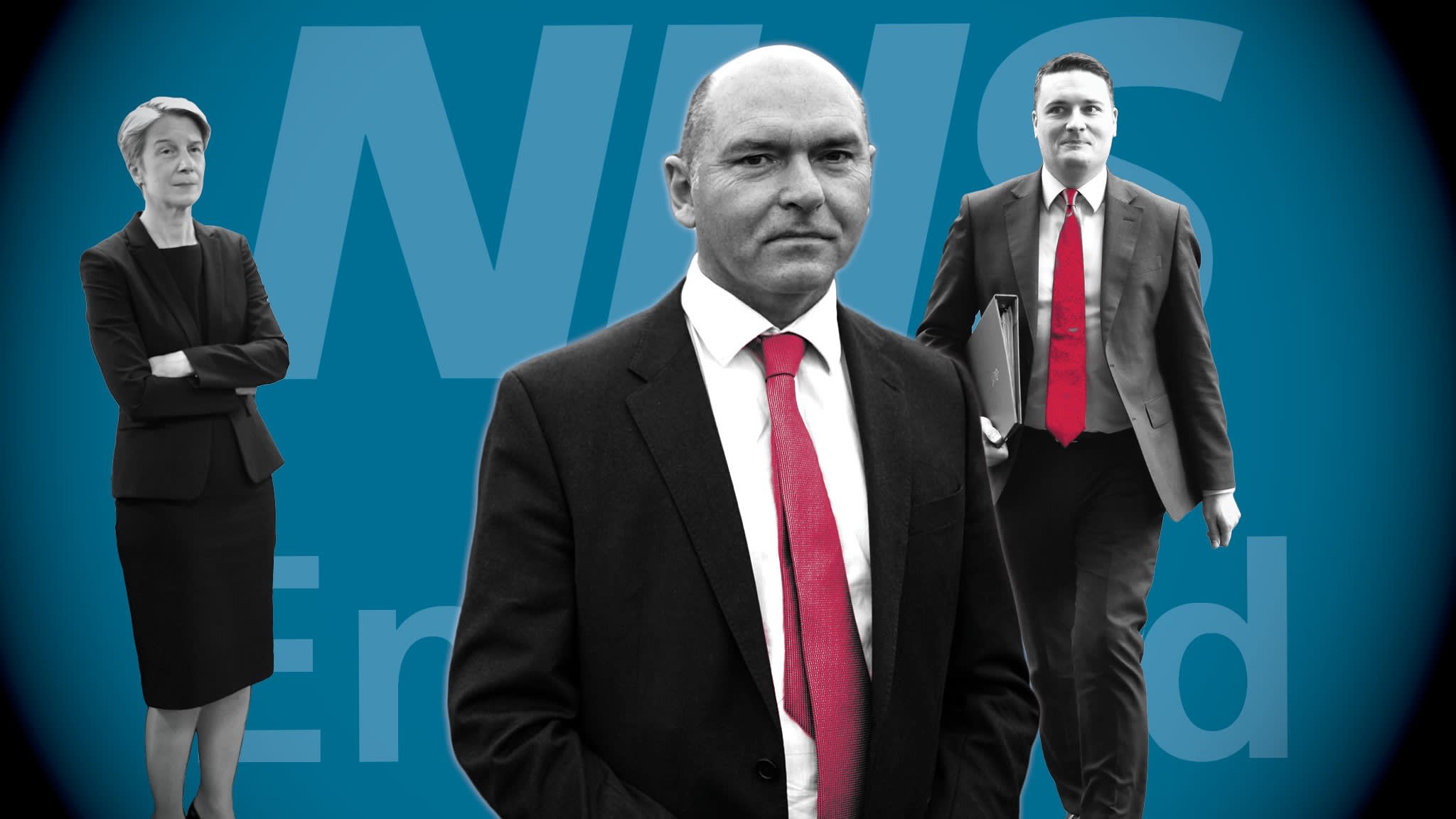
The Financial Times published this piece on what it could glean about the back-story to the NHS abolition. It’s interesting, but seems very incomplete.
One area which it does surface effectively is that of the centre’s confusion over whether abolishing NHSE and moving it back into DHBSC is a prelude to the decentralising of power and responsibility (clue: it really isn’t).
The authors quote an official source’s claim that “the NHS is far too centralised, holding back frontline leaders from running services productively … this isn’t about replacing NHSE micromanagement with departmental micromanagement. We are taking power in order to give it away, with resources and responsibilities devolved down to the front line. That’s how to get more innovation, efficiency and better services for patients”.
Mmmmmmmm. This sits unclearly with the repeated briefings about more league tables and performances management from Team Streeting. But then, as these columns have been recording, there really is not any kind of strategy or plan behind these events.
The FT piece dates Mr Streeting’s change of mind, from January’s HSJ interview when he ruled out abolishing NHSE to last month’s decision to disband NHSE to “a series of flashpoints between the central department and NHSE earlier this year. In January, NHSE officials raised the possibility of reducing the percentage of patients who needed to be seen within the four-hour A&E waiting time target, which Streeting considered “baffling”.
“There was also tension over the practice of corridor care in hospitals, with NHSE trying to refer to the treatment of patients in corridors as “temporary escalation spaces”, which “really wound Wes up”, one person said. Streeting was also frustrated with the delay around the publication of the Valdo Calocane report, which investigated the care given to the killer by the NHS in the months before he stabbed three people in 2023, according to his allies.”
It adds to the abolition mix the influences of Alan Milburn and our dear chums the Treasury Munchkins. Those are both plausible: particularly Milburn’s control-prone vibe.
But ultimately, the piece is short on understanding that NHS England was significantly the author of its own destruction. Its irritating tendencies to indulge in such displacement activities as trying to rebrand corridor care or bid down the long-missed 4-hour A&E waiting target are the behaviours of an organisation which believes it can barter and comms real delivery problems away.
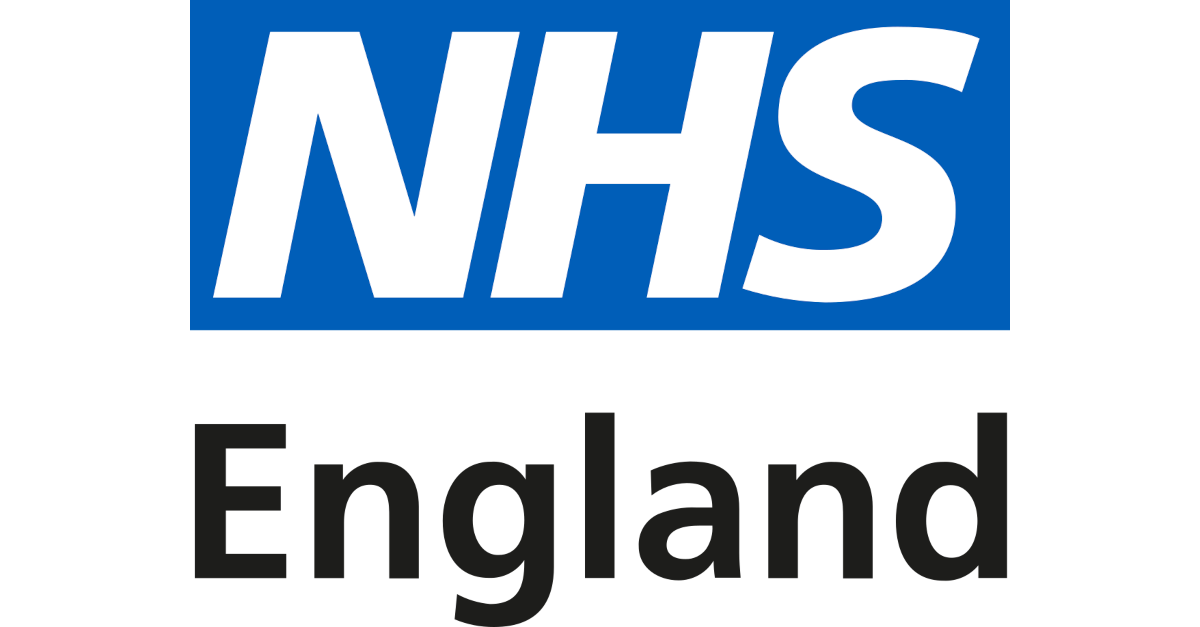
Indeed, if you wanted to pick another vintage bit of NHSE stupidity, just look at this press release comparing the number of beds ‘lost’ to seasonal respiratory viruses this winter to the population of Malta.
Eh?
The fact that nobody in NHSE read this, and thought ‘oh hang on, this comparison is absolutely fucking stupid: let’s not issue this’ tells us a great deal, none of which is good. And this happened after the abolition announcement. What next: ‘more people tried to get a GP appointment last week than applied for Glastonbury tickets’?
But the broader point is that for an organisation which was directing the best part of £190 billion a year, the Pritchard-era NHS England just didn’t have friends and it didn’t have influence. Its lack of political savvy was almost heroic: the obviousness’s of Labour’s win last summer would have motivated any modestly well-led organisation to have a very clear and focused plan ready-to-go, worked up with Team Streeting via back-channels while in opposition, which could start to show delivery improvements in a recognisable timescale. That would probably have been an immediate and sizeable funding boost to primary care.
An organisation that was so poorly led got what it deserved: abolished.
BSA survey finds wholly unsurprising fall in public satisfaction
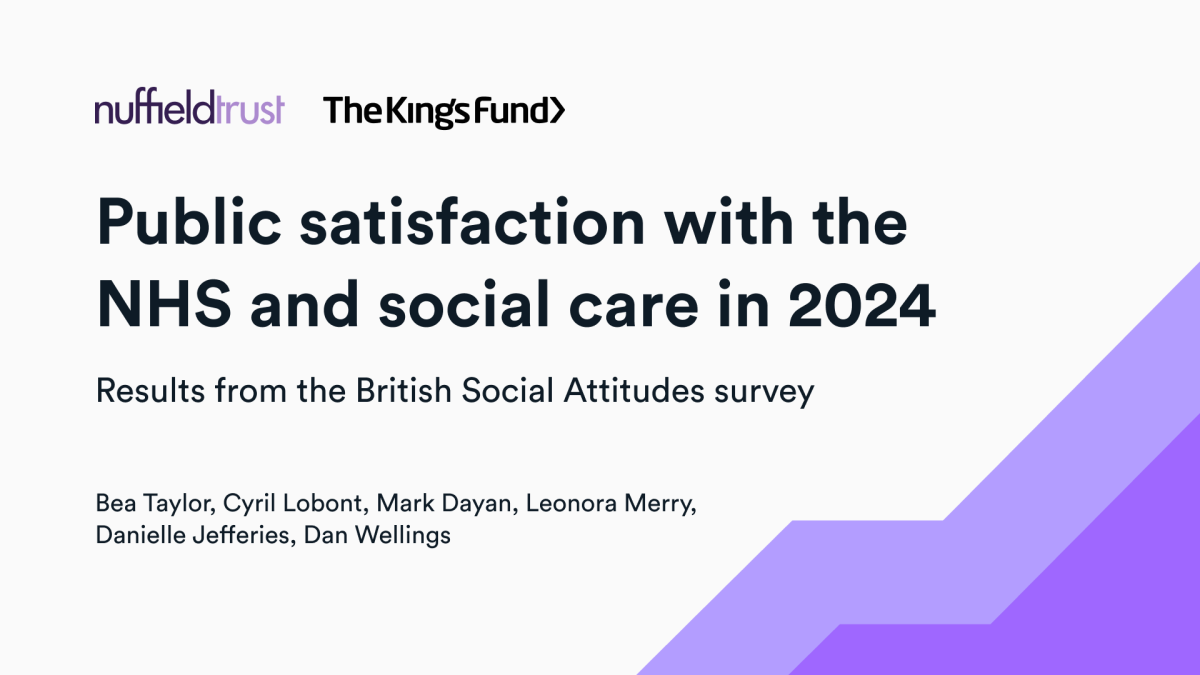
To the considerable surprise of absolutely nobody, the latest British Social Attitudes survey’s health questions data for 2024 turned out to be terrible. Just 20% of respondents reported being satisfied with the NHS.
The percentage of respondents who were ‘very’ or ‘quite’ dissatisfied with the NHS rose to 59% in 2024, from 52% in 2023: a statistically significant 7-percentage-point increase from the year before, which already had the highest dissatisfaction seen in 40 years of the BSA survey.
The survey introduced two new questions in 2024 to explore public attitudes to NHS spending and NHS efficiency, and repeated a question on taxation and the health service that was asked the previous year.
8% of respondents said that the government spent ‘too much’ or ‘far too much’ money, 21% that it spent ‘about the right amount’, and 69% that it spent ‘too little’ or ‘far too little’.
On tax and spend, 8% of people favoured reducing taxes and spending less on the NHS. 41% of people favoured continuing at the same level, while 46% favoured increasing taxation and spending more on the NHS. This is interesting, but reminds me of the Tax Policy Associates polling finding that people were reluctant to pay more taxes for the NHS, and those on favour would pay only £100 more a year.
Recommended and required reading
In letters to Nigel Farage and Kemi Badenoch (respectively, the psychological and actual leaders of the opposition), Wes Streeting claims that the employers’ National Insurance hike coming in this week is about the increase to NHS funding made in, erm, the last Budget.
The Guardian reports that in February, NHS England wrote to the service about its plans to stop funding AI-enabled auto-contouring to support better oncology radiotherapy.
The major NHS landlord Assura has had a Primary Health Properties counter-bid to that received from US private equity firm KKR, the FT reports.
The Boris Johnson Fanzine reports on the ongoing confusion about the cap on pension contributions hitting consultants’ willingness to do extra backlog work for fear of high tax obligations.
A RoyAl College of Physicians survey reported in The Guardian highlights the return of Victorian diseases.
Matt Hancock used his personal email account to help ‘VIP fast-lane’ supplier win a £25 million Covid-19 PPE contract, Byline Times reports. Way to go, Alan!






